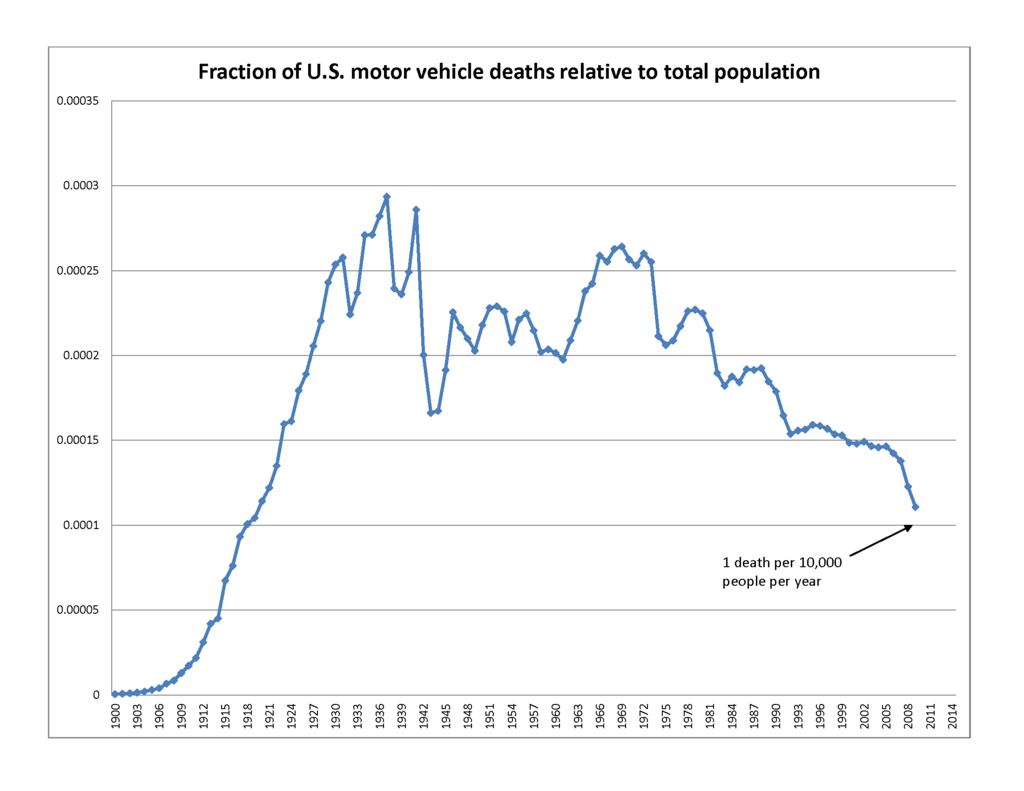Why do you detest hybrids?
To me, hybrids are nothing but a compromise - the worst of both worlds.
Major manufacturers HATE all-electric vehicles. They have fewer moving parts (so they wear out slower) and they breakdown less and require less spare parts...so people keep can keep them longer with FAR fewer repairs and maintenance. Parts sales are a significant portion of manufacturers profits as is planned obsolescence. And for their dealer network, apparently as much as 1/2 of their profits come from parts and service (so they probably hate all electrics even more). Ask anyone who owns an auto parts store what they think about electric cars and they will probably wince.
But manufacturers have to raise fuel economy in their vehicles and they have to at least appear 'green'...so hybrids came along. and as much as they hate all electric vehicles, they LOVE hybrids.
Hybrids have all the maintenance requirements of an internal combustion engine PLUS they have the added complexity of an electric motor and it's batteries. Sure the latter does not wear out often, but they do eventually...especially the batteries. So they get to sell at least as many parts as regular cars/trucks, the dealers are happy for the same reason, the cars are more costly (and probably carry a higher profit margin), they raise CAFE ratings and they make them look green.
But they are - imo - horrible (unless you use them strictly in the city). They cost WAY more then a similarly sized and equipped normal vehicle - so much so that it takes usually 7 or 8 years to pay off the difference with better fuel economy (if you drive normal highway/city ratios; if you drive mostly city - where hybrids are most efficient - then they make sense which is why many cabs are hybrids). And repairs are worse then a regular car as there is a lot more stuff to go wrong. Plus, maintenance is also worse.
Of course, major manufacturers want to look 'green' - so many of them make all electric cars. But they - imo - deliberately make them so almost no one will want them. They pack in so little battery reserves that they only have ranges of 70-110 miles...semi useless for an average family as a principle vehicle...especially considering there are almost no super fast charging stands around. And if they say they cannot build cars with more batteries, they are lying or they are morons. Look at the Tesla. True, it's very pricey. But it can go hundreds of miles even in the base version...and that is a small company. Surely the big 'boys' could stuff a ton of batteries into a smaller car...they just don't want to.
And most of us know the example of the EV-1. The all electric car GM made in the late '90's to meet California's then proposed 10% zero emission law. OF course, when California chickened out and dropped the zero emission regs, GM refused to let any owners keep the cars and had every one they could get their hands on destroyed.
That episode should tell you right there how terrified major auto manufacturers are of all-electric cars...especially cheaper ones.
General Motors EV1 - Wikipedia, the free encyclopedia


